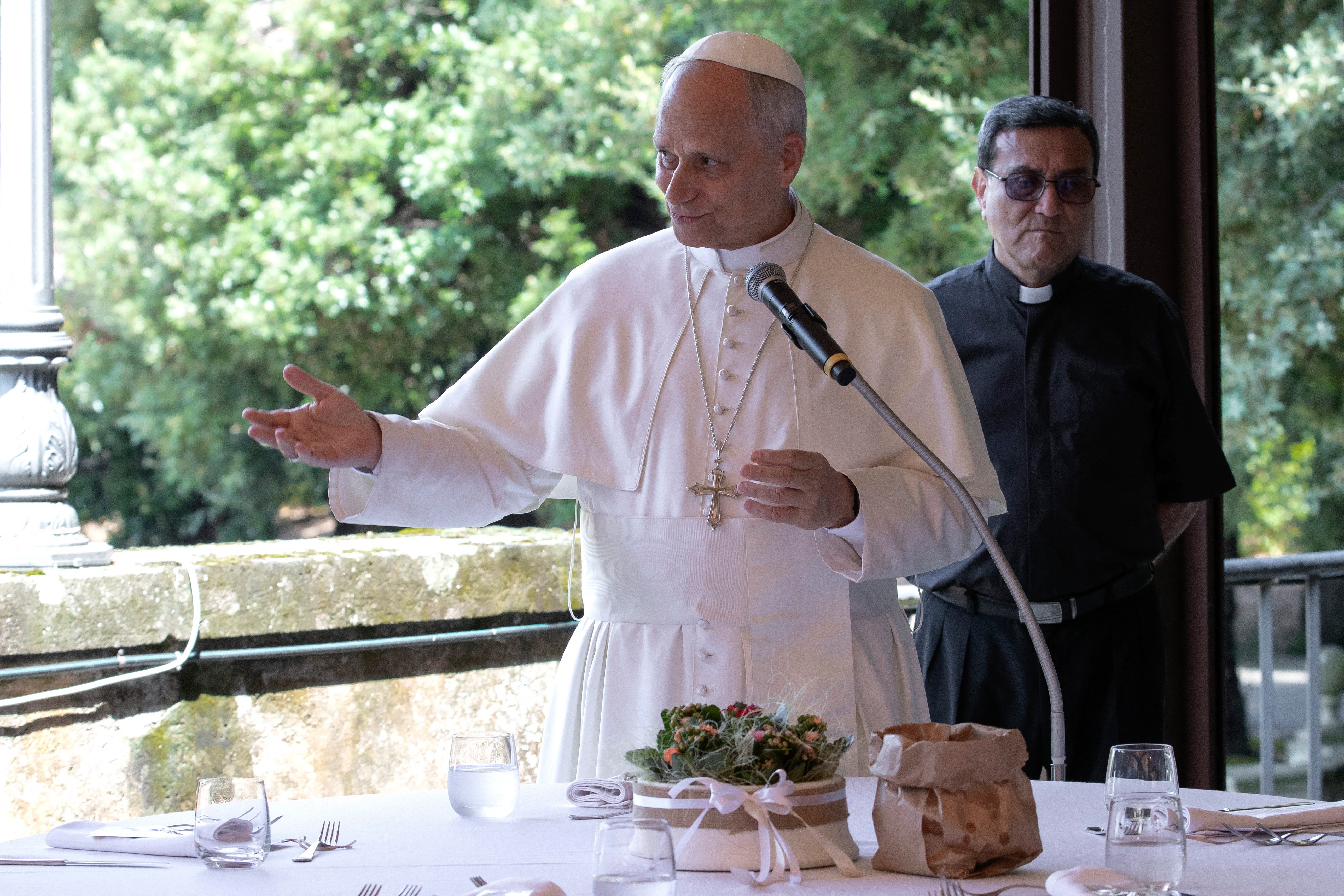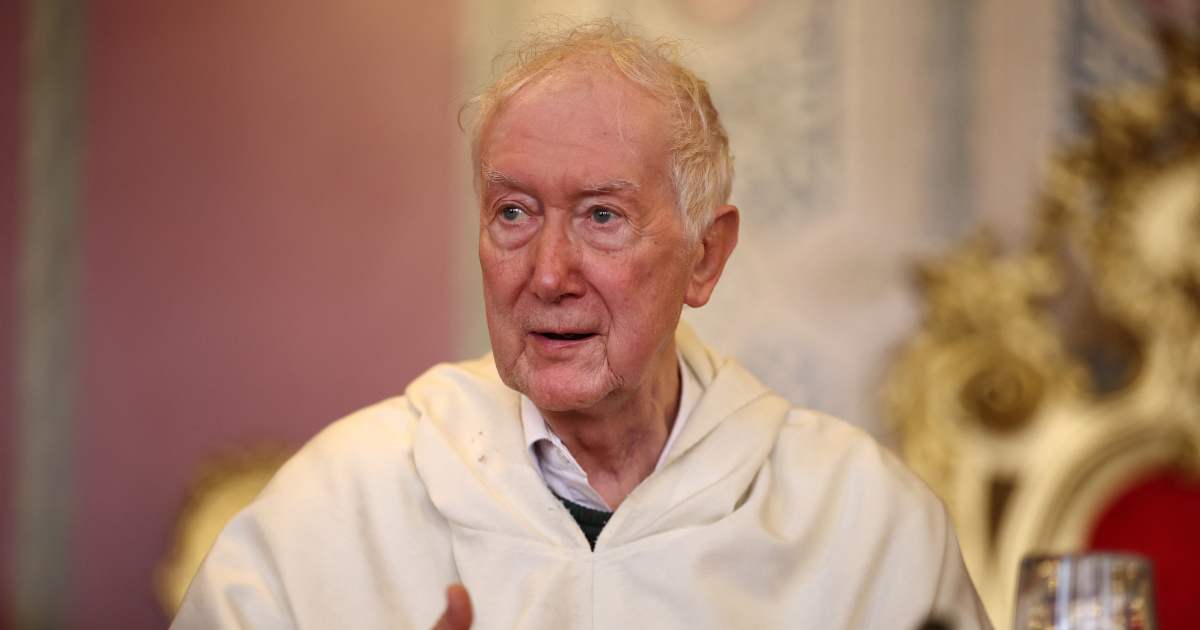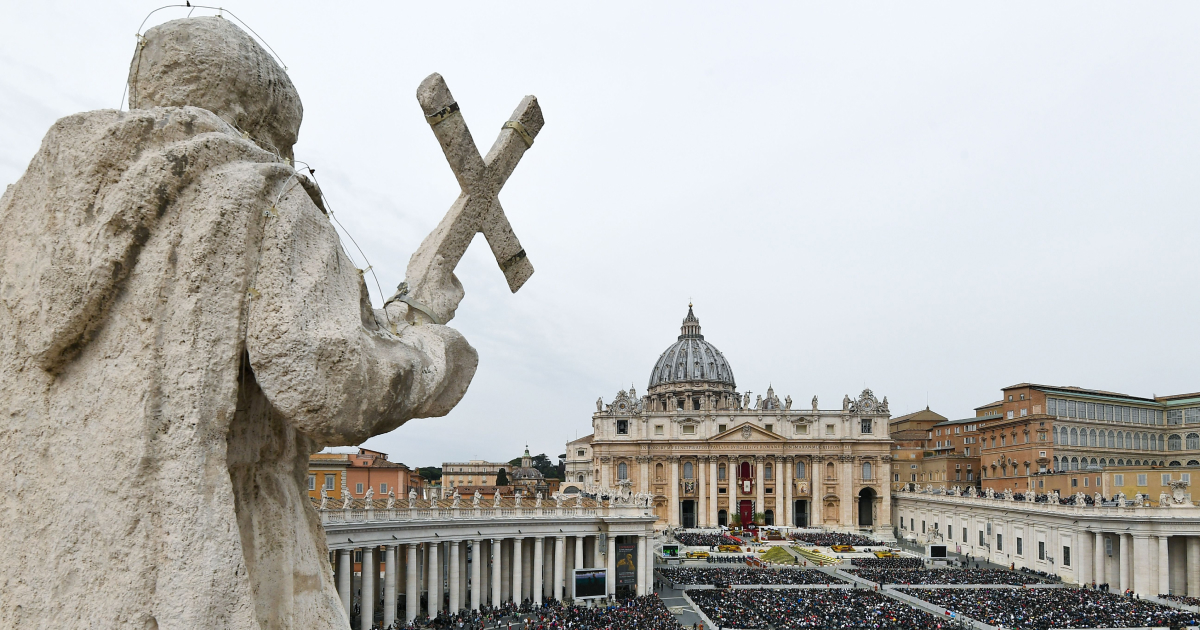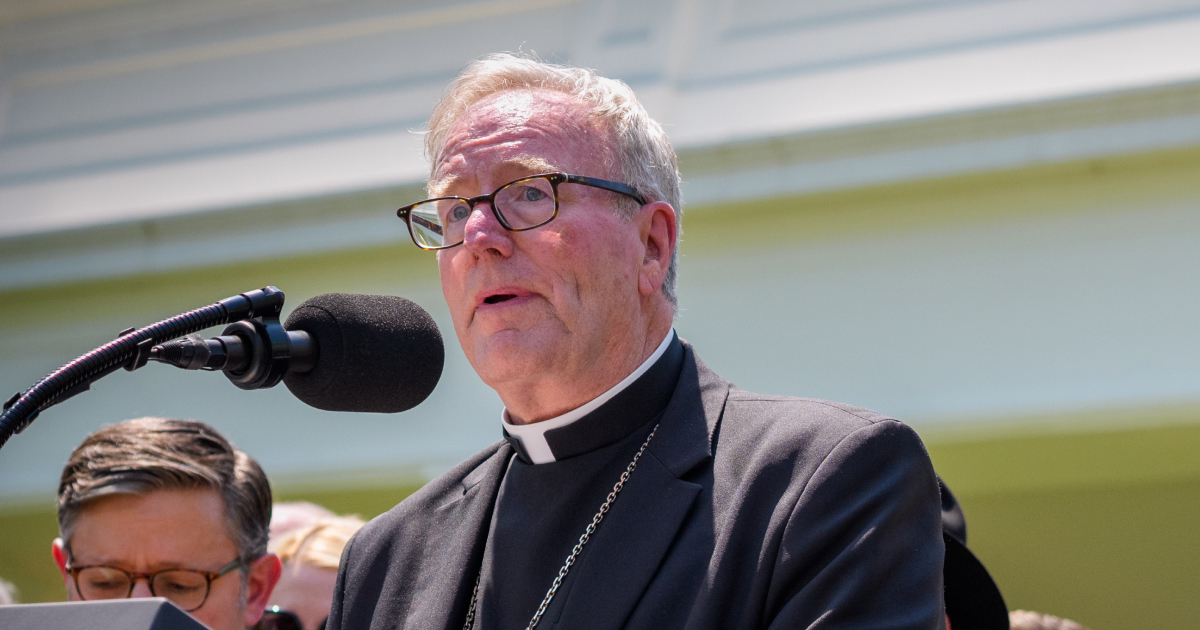The Holy See Press Office has confirmed that Pope Leo XIV has signed his first apostolic exhortation, called Dilexi te.
The document was signed at 8:30 a.m. on 4 October in the Private Library of the Apostolic Palace, in the presence of Archbishop Edgar Peña Parra, Substitute for General Affairs of the Secretariat of State. It will be presented next Thursday, 9 October, at 11:30 a.m. in the Holy See Press Office.
Signed on the feast of St Francis of Assisi, the timing is thought by some observers to be a subtle nod to the late Pope Francis. The document will be Pope Leo’s first major teaching since his election earlier this year. The exhortation focuses on the role of the poor and the Church’s duty towards them.
Vatican sources said the text had originally been drafted under Pope Francis, who had asked Archbishop Vincenzo Paglia, president of the Pontifical Academy for Life, to prepare a first version.
Pope Leo decided to proceed with the publication but asked both the Secretariat of State and the Dicastery for the Doctrine of the Faith to carry out a full revision of the material before signing it.
The decision follows weeks of speculation about the timing and content of the Pope’s first papal exhortation. In recent days, Cardinal Víctor Manuel Fernández, prefect of the Dicastery for the Doctrine of the Faith, was received several times in private audience by the Holy Father, prompting Vatican watchers to predict that a new text was imminent.
The publication of Dilexi te will take place on 9 October, the feast of St John Henry Newman. The choice of date is understood to highlight the Pope’s desire to link his teaching on poverty with Newman’s vision of Christian holiness in ordinary life.
The exhortation is believed to be among several documents left unfinished at the time of Pope Francis’s death. It is understood by Vatican commentators that Pope Leo is demonstrating his continuity with his predecessor’s concern for the marginalised, while also marking the start of his own pontifical teaching. The move recalls Pope Francis’s decision in 2013 to publish Lumen Fidei, an encyclical largely drafted by Benedict XVI.
Further documents from the new Pope are expected in due course, including Leo XIV’s first encyclical, which is said to be in preparation. A source in the Curia told the Catholic Herald that this encyclical will be on artificial intelligence, confirming reports from the news site Silere non possum.
Other texts initiated under Pope Francis remain under review by the Dicastery for the Doctrine of the Faith, including works on Mariology, the role of women in the Church and the value of monogamy.
An apostolic exhortation is a formal papal document used to encourage the faithful in a particular area of Church life or teaching, rather than to define doctrine. Unlike an encyclical, it is not primarily a theological exposition but a pastoral message, often issued after synods or to highlight themes central to a Pope’s vision.
The first major document of a new pontificate carries special weight, as it signals the tone and priorities that will define the coming years. In choosing the subject and timing of his first exhortation, a Pope often reveals both the spiritual direction he wishes to take the Church and the legacy he hopes to build upon.
So for now, attention turns to next Thursday’s presentation, when Dilexi te will be unveiled in full.
Photo: Pope Leo XIV speaks during lunch with the poor assisted by Caritas of Albano Laziale, at Borgo Laudato Si, in the Gardens of the Pontifical Villas in Castel Gandolfo, Rome, Italy, 17 August 2025. (Photo by MARIA GRAZIA PICCIARELLA/Middle East Images/AFP via Getty Images.)

















